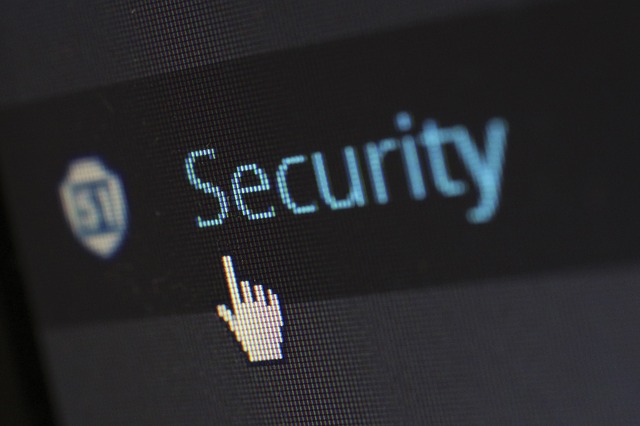Internet Safety Guide: 7 Tips to Safely Browse the Web
Each year, millions of unsuspecting customers are taken advantage of by criminals operating online. The Internet Crime Complaint Center of the FBI reports that customers lost more than one billion dollars to scams that were begun on the web in recent years. Here we offer seven suggestions to assist customers in protecting themselves from dangers that may be found online and maintaining a safe and secure web environment.
The following guidelines are recommended by Curricula to keep you secure while you are online:
One: Update Software
Make sure that your desktop PCs and mobile devices have the most recent updates. The most effective means of protection against viruses, malware, and other forms of online danger are up-to-date versions of your operating system, web browser, and security software. Activate automatic updates so that you may obtain the most recent bug fixes as soon as they are made available.
Two: Set strong passwords. A secure password has a minimum of eight characters, consists of a combination of uppercase and lowercase letters, numbers, and special characters, and has both uppercase and lowercase numerals.
Three: Be wary of frauds that include phishing. Phishing schemes deceive users into divulging their private account or login information by sending them phishing emails and creating phishing websites. Do not open any attachments or click on any links in pop-up windows that come from sources that you are not already familiar with. Emails that appear to be phishing should be forwarded to the Federal Trade Commission (FTC) at [email protected] as well as the entity that is being impersonated in the email.
Maintaining Privacy
Four: It is important to keep private information private. Hackers may use social media profiles to figure out passwords and answer security questions in password reset programs. Hackers can use social media profiles to figure out passwords. Put a lock on your privacy settings, and don’t share personal information like anniversaries, addresses, or the names of your parents’ maiden names. Be aware of invitations to connect that come from someone you are not familiar with.
Five: Secure your internet connection.
Always use a password to secure the access to your home wireless network. When connecting to public Wi-Fi networks, you should exercise caution about the information that you communicate over the connection.
Six: Shop safely. Check that the website you plan to shop from employs secure technology before beginning your transaction. Make sure that the address bar at the top of the screen reads “https” when you go to the checkout screen. Additionally, check to see whether a little icon of a locked padlock shows anywhere on the website.
Policies
Seven: Take some time to go over the site’s privacy policies. Privacy policies, although being lengthy and difficult to understand, explain to you how a website secures the personal information it gathers. If the website in question does not clearly display or explain its privacy policy, you should probably look elsewhere for commercial opportunities.


